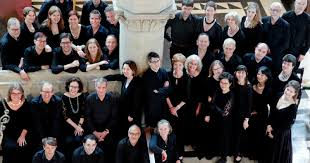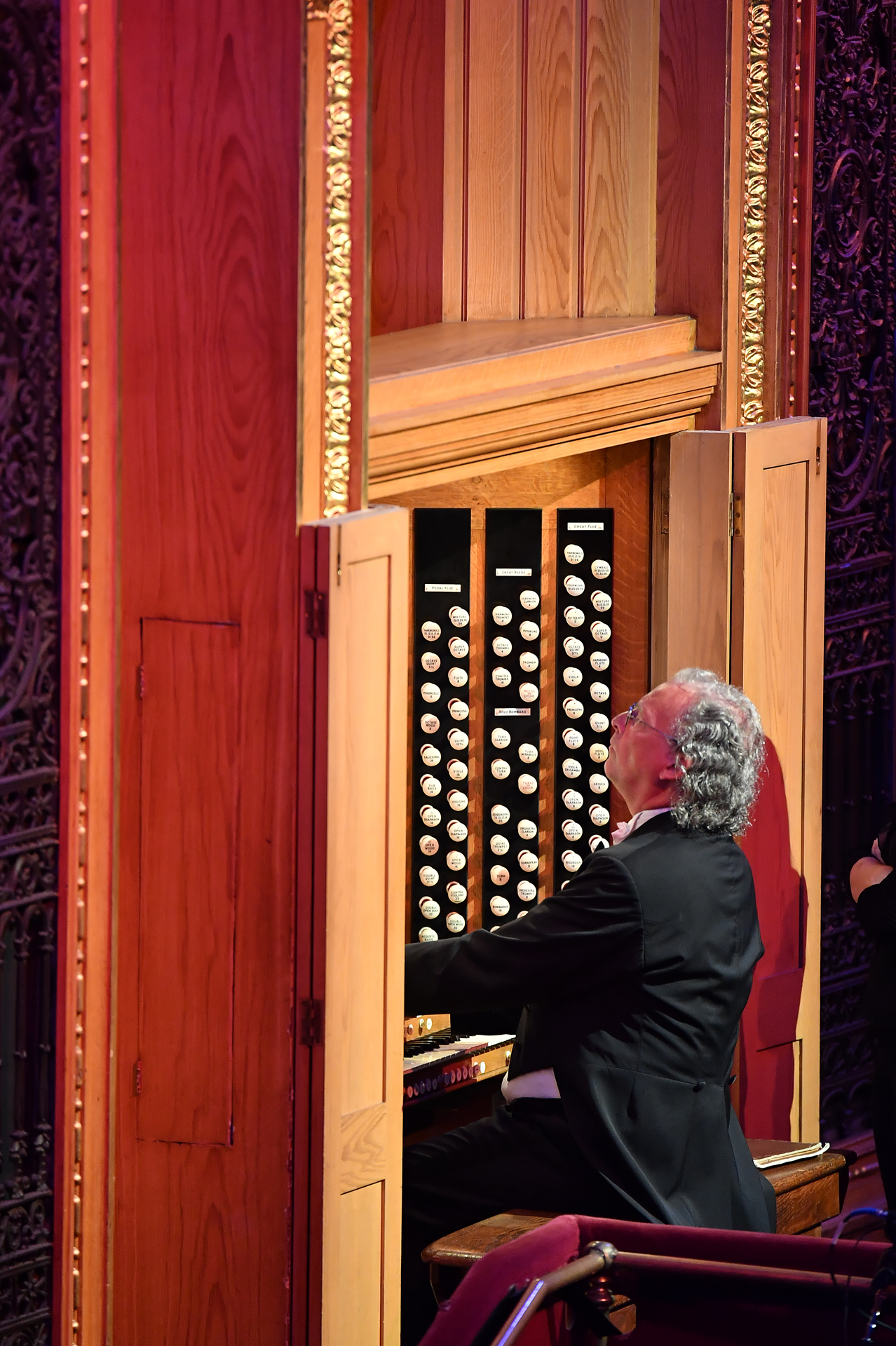ChristChurch, St.Leonards-on-sea, Saturday 24th August
Never have August Bank Holiday visitors been more welcome than ‘Londinium’. This choir’s presentation of a capella singing was as well, if not more, received than this weekends’ sunshine. The large audience had a very entertaining, interesting and enjoyable evening.
The choir’s repertoire was far reaching, innovative and exciting. We had a wide variety of pieces from a wide variety of composers, Stanford, Grieg, Holst, Rheinberger, Ireland, Chilcott, Chatman, Vaughan-Willaims, Campion, Brahms, Gabrieli and Purcell. There was something there for everybody. We ranged from Sea Shanties by Holst to Rheinberger’s Mass in E flat and in between the humour of Clocks by Stephen Chatman, the romance of Lasso, amor transporta by Gabrieli and the charm of Vaughan-Williams Shakespeare songs. It was a superb evening.
We also heard a variety of languages; Latin, German and Italian which, as well as the English, were clearly enunciated.
The 38 member choir’s singing was balanced, distinct, harmonious, controlled and enchanting. It is a strong body, well conducted and controlled, each part complimenting the other. The Ave Maria by Holst was particularly well executed by the upper voices. Using a Soprano Soloist for the first verse of Fairest Isle by Purcell (arranged by Andrew Griffith) was a magical moment. Thank you. Oh, and there were some lovely bass and tenor voices too.
It was perceivable that the conducting of Andrew Griffith was both light and exacting. His relationship with his voices was obviously one that demanded, within the bond of friendship, respect and loyalty. And the choir did just that. It was beautiful to watch and hear. His dress gave one the impression that he has an aspiration to become a clergyman. He would probably do very well. If his ministry were to become half as good as his musical direction his churches would be full.
But overall, thank you for a choir that clearly, clearly looked like it was enjoying itself. Smiling, satisfied, pleasant faces. Thank you.
Rev Bernard Crosby


